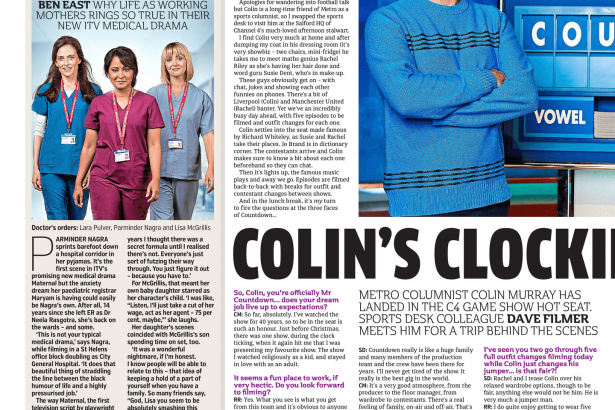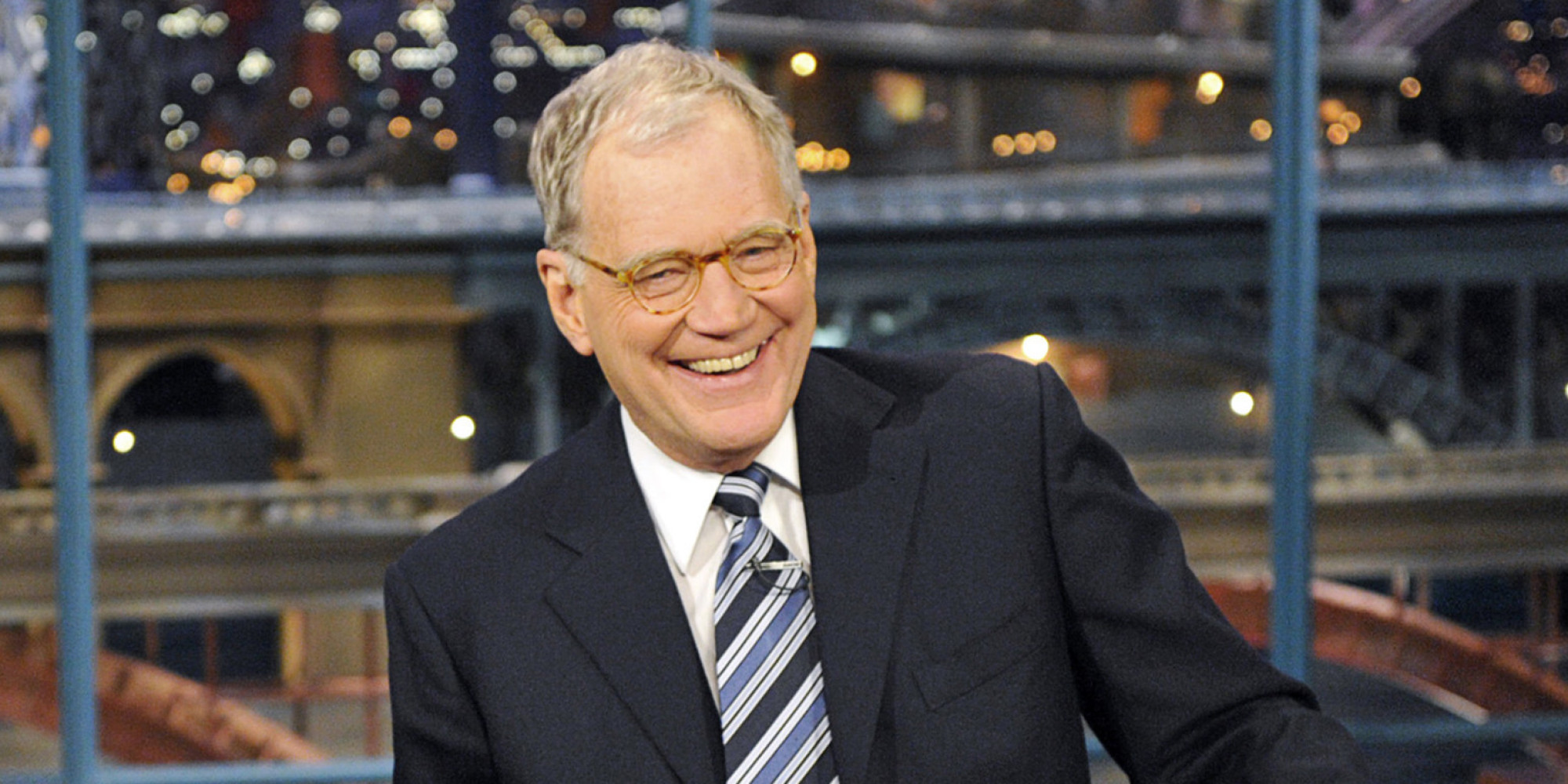Rob McEIhenney and Ryan Reynolds stand in the centre circle of Wrexham’s Racecourse Ground. It’s a pitch they will unexpectedly have to spend £300,000 to repair and replace, surrounded by a stadium that even the Wrexham fans themselves sing is falling down. Grappling with the enormity of what they have undertaken as new owners of a National League football team carrying the hopes and dreams of a battered, ignored community on its weary shoulders, McEIhenney has a moment of genuine self-doubt.
“There is a version of this story where we are the villains,” he says. “It doesn’t work, we have to sell it, and we’re the bad guys.”
Reynolds gives him a sideways glance, gazes into the empty stands, and retorts; “F*** that. It’s gonna work.”
It is telling that the Always Sunny In Philadelphia creator and actor was immediately considering “storyline” with his takeover of this forgotten football club. McElhenney has admitted that he was so engrossed by Netflix’s Sunderland Til I Die football documentary that he began to formulate a plan to buy a football club and tell a phoenix-from-the-ashes story of his own. Welcome to Wrexham is that story, and it’s completely compelling – although not for the reasons that having Hollywood A-listers as the headline act might suggest.
Thankfully, the fish-out-of-water journey the duo go on to understand football is largely played down – although there’s a superb section where they try and convince each other they know what a good draw and a bad draw is. What is fascinating is that, thanks to the pandemic, the relationship they form with each other and the people of Wrexham takes place almost entirely on Zoom – it transpires that McEIhenney and Ryan Reynolds had never met in person before. As the former jokes, to make Wrexham work, “I needed more than TV money. I needed superhero movie star money”.
So actually, as one football season ends and a new one begins in these eight half-hour episodes, the North American owners recede into the background, popping up every so often with brilliant commercials for Wrexham’s partners or dry asides when Actual Football Decisions need making. There’s a wonderful moment where McEIhenney suggests that he should call the new manager they’ve earmarked, Phil Parkinson, and convince him to drop down to the fifth tier to manage.
It works, one imagines (sadly, we don’t get to hear Parkinson’s end of the conversation), because of his easy going charm and genuine belief in the power of sport to foster hope, community and incredible memories. And that extends to the kind of documentary Welcome to Wrexham ends up becoming. In focusing on Wrexham and the people who make up its football club, there’s a real soulful power in following stories of relationship break-ups, job insecurities, and health concerns. For these fans, the Club is their guiding star, their crutch, their surrogate family.
Of course, anyone who follows football moderately closely will know that the story last season didn’t end as these fans or the owners would have wished. There were people who found this lack of a Hollywood ending amusing given Wrexham’s newly-global media exposure. But what Welcome to Wrexham does – brilliantly – is get to the heart of why people support their local football club. Wonderfully, Rob McEIhenney and Ryan Reynolds seem to understand that too.


